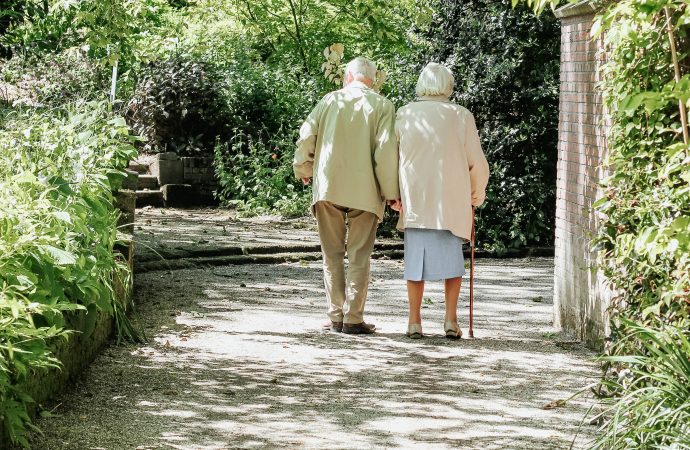As we age, falls become an increasingly common occurrence. While many falls result in only minor injuries, they can also have a significant emotional impact on older adults and their families. The fear of falling again can cause anxiety and limit independence, while the guilt and worry felt by family members can take a toll
As we age, falls become an increasingly common occurrence. While many falls result in only minor injuries, they can also have a significant emotional impact on older adults and their families. The fear of falling again can cause anxiety and limit independence, while the guilt and worry felt by family members can take a toll on their mental health as well. In this blog post, we’ll explore the emotional toll of falls for older adults and their loved ones, as well as strategies for coping with these difficult experiences.
Background
Falls are a common injury in older adults. Estimates suggest that falls account for up to 30% of all injuries in older adults, and can lead to serious consequences, such as fractures and head injuries. Falls are also a major cause of hospitalizations and death in older adults.
The risks associated with falls increase with age. In people over the age of 65, the risk of falling increases by twofold compared to those aged 50 to 64. Additionally, older adults are more likely to suffer from chronic conditions, such as arthritis or dementia, which can make them more prone to falling.
Falls can have an emotional impact on both the individual who falls and their family members. Older adults may feel embarrassed or helpless after a fall, which can lead to feelings of shame or guilt. Family members may feel frustrated or angry when their loved one is unable to safely live independently due to a fall.
There are several ways that families can try to reduce the emotional toll associated with falls in older adults. Families can encourage their loved ones to take regular breaks while walking or standing, especially if they experience symptoms of dizziness orbalance problems after a fall. Families can also provide support during times of crisis following a fall, such as providing transportation home or helping with rehabilitation exercises
The Physical Toll of Falls for Older Adults and Their Families
A recent study by the Centers for Disease Control and Prevention (CDC) shows that falls are the leading cause of injuries and deaths in older adults, particularly those aged 85 and over. The study found that falls are responsible for more than 20 percent of all injury-related deaths in this age group. In addition, falls are also the leading cause of injuries to older adults outside the home, including in hospitals and nursing homes.
The CDC report provides detailed information about the physical toll of falls for older adults and their families. Falls are a major contributor to fractures, dislocations, concussions, spinal cord injuries, heart attacks, pneumonia, and death. Older adults who fall often sustain multiple injuries that can impact both their physical and emotional health.
Falls can lead to diminished mobility and reduced independence. They also increase risk for developing chronic conditions such as arthritis or pneumonia. In addition, a fall can lead to depression or anxiety in older adults, as well as social isolation. Families members may suffer from stress caused by the accident or from having to care for an injured loved one.
There are many interventions available to help prevent falls in older adults and their families. These include strategies such as education on how to reduce risk factors for falls; community-based programs that provide assistance with activities of daily living; home modifications that make it easier for seniors to get around; and caregiver support groups that offer advice on practical issues like cooking meals or managing finances.
Emotional Effects of Falls for Older Adults and Their Families
There is no one-size-fits-all answer to how falls affect older adults and their families, as each individual may experience different emotional effects. However, some common emotional effects of falls include:
Anguish. Some older adults may feel intense sadness and frustration after a fall, as the injury might have caused significant physical or mental pain.
Confusion and instability. Falls can cause older adults to become unstable and confused, which can lead to safety issues such as wandering and falling in unfamiliar places.
Depression. Older adults who fall often experience depression, which may worsen after a fall. Depressed seniors are more likely to have difficulty performing basic activities such as bathing or dressing themselves due to decreased mobility or poor vision.
Conclusion
Falls are a common occurrence for older adults and their families, but they can have a profound emotional toll. Falls can lead to serious injuries, including fractures and head injuries, which can cause long-term disability or death. Recognizing the signs and symptoms of falls may help you prevent them from happening in the first place, and getting prompt medical attention if a fall does occur can save lives. The emotional aftermath of a fall cannot be overemphasized – know that you are not alone in your struggles and seek support from those who care about you.

















Leave a Comment
Your email address will not be published. Required fields are marked with *